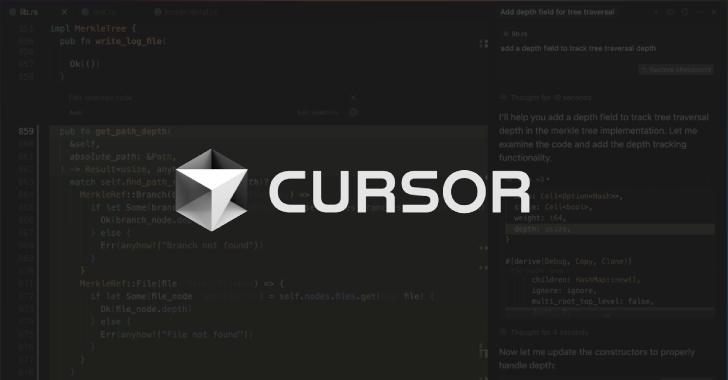
Cloud Technology Analyst Checklist: A Comprehensive Guide
Cloud Technology Analysts play a crucial role in helping organizations leverage the full potential of cloud computing. They are responsible for analyzing, implementing, and managing cloud solutions that meet business requirements. To excel in this role, Cloud Technology Analysts need to possess a specific skill set and knowledge base. This checklist outlines the essential skills and competencies required to become a successful Cloud Technology Analysts.
- Understanding of Cloud Computing Concepts:
A cloud technology analyst must have a solid understanding of cloud computing concepts. This includes familiarity with different types of cloud computing models such as Infrastructure as a Service (IaaS), Platform as a Service (PaaS), and Software as a Service (SaaS). They should also be aware of the benefits and challenges associated with cloud computing. Additionally, knowledge of virtualization and containerization technologies is essential.
- Technical Skills:
Cloud technology analysts need to have a strong technical background. They should be proficient in using cloud platforms such as Amazon Web Services (AWS), Microsoft Azure, or Google Cloud Platform (GCP). They should also have experience with cloud infrastructure provisioning and management tools, such as AWS CloudFormation or Azure Resource Manager. Knowledge of container orchestration platforms like Kubernetes is highly desired. Understanding serverless computing and microservices architecture is also important for building scalable and flexible cloud solutions. Familiarity with networking concepts, including virtual private clouds, subnets, and security groups, is a must. Moreover, automation skills using scripting languages like Python or PowerShell are highly valuable. Finally, cloud technology analysts should have a good grasp of DevOps principles and practices to enable seamless integration and deployment.
- Security:
Security is a critical aspect of cloud computing. A cloud technology analyst should have a strong understanding of cloud security best practices. This includes knowledge of encryption, access controls, and network security in the cloud. Additionally, experience with identity and access management (IAM) in the cloud is important. Familiarity with compliance and governance frameworks, such as GDPR or HIPAA, is also desirable. A cloud technology analyst should be able to assess and manage security vulnerabilities through the use of cloud security assessment and vulnerability management tools.
- Troubleshooting and Problem-Solving:
Cloud technology analysts should possess strong troubleshooting and problem-solving skills. They should be able to diagnose and resolve issues related to cloud infrastructure, performance, or application deployments. This requires a good understanding of monitoring and logging tools for cloud environments. Additionally, they should have a sound understanding of troubleshooting methodologies and techniques to minimize downtime and ensure smooth operations.
- Collaboration and Communication:
Cloud technology analysts work with various teams and stakeholders, including developers, system administrators, and business users. Effective collaboration and communication skills are crucial to success in this role. They should be able to work well in a team, effectively communicate technical information to non-technical audiences, and actively participate in project discussions and meetings.
- Continuous Learning:
Cloud technology is an ever-evolving field, and staying updated with the latest technologies and trends is essential. A successful cloud technology analyst should have an eagerness to learn and adapt to new technologies and advancements. They should be willing to acquire new skills and certifications that are relevant to cloud computing.
- Project Management:
As a cloud technology analyst, one must possess project management skills. They should be able to plan, organize, and execute cloud projects effectively. Familiarity with project management methodologies like Agile or Scrum is beneficial. Experience with project management tools like Jira or Trello can also aid in project planning and tracking.
- Documentation:
Clear and comprehensive documentation is crucial in the cloud technology space. A cloud technology analyst should be able to create architecture diagrams, deployment guides, and standard operating procedures to ensure proper documentation of cloud solutions and processes.
- Customer Service:
Cloud technology analysts often provide support to internal and external customers. Strong customer service skills are essential to deliver high-quality support and address customer concerns effectively.
- Problem-Solving-Oriented Mindset:
A cloud technology analyst should possess a problem-solving-oriented mindset. They should be able to analyze complex problems and develop creative solutions using cloud technologies. This requires a strong analytical and critical thinking ability.
In conclusion, becoming a successful cloud technology analyst requires a wide range of skills and competencies. The checklist provided above highlights the essential requirements for this role. However, it is important to remember that the specific skills and responsibilities may vary depending on the organization and the cloud platforms being used. Continuous learning and keeping up with the latest developments in cloud technology are key to staying ahead in this dynamic field.
Contact Cyber Defense Advisors to learn more about our Cloud Technology Analyst solutions.





